Producing
A Documentary For An Academic Institution
Lessons From The Field
By Guest Blogger: Steve Ellzey/Executive Producer
February 15, 2013
The Blob: (1950’s Science Fiction Movie with Steve McQueen)
When I think of blog (as in “blogging”)…for some reason I think of Gilda Radner on a Saturday Night Live Newscast saying, “What’s all this fuss about blobs? Who cares about a big old slimy thing that eats houses and cars and people? And why would anyone want to go blobbing?” Eventually that image retires, but I’m still stuck on blobs, because that was what my most recent documentary could have easily become.
Last
April, my organization was commissioned to create a documentary about
a prestigious academic institution. At the time I knew nothing about
making a documentary about academia…my memories of college were an
Animal House blur of cramming for exams, marathon celebrations of
Coors in kegs, and an insatiable desire to write poetry. My most
recent projects had to do with remote underwater vehicles and famous
ocean filmmakers. So here’s what I did.
Step I - Start At The Top
Few people in an
academic institution have as wide a snapshot of the organization as
the President. My first stop was at his office for a lengthy chat on
where he felt his school was and where he’d like to see it in 3
years. He also told me what departments were doing exceptionally and
then set me up with his Chief of Strategic Communications.
Step II - Drop To The Bottom...
...only in a figurative sense. I arranged for a focus group of students. Before we met (12 students, myself, and my newly appointed liaison from Public Relations), I sent all attendees a list of questions I’d be asking and requested they think about them. The questions ranged from what their major was to what, if any, work experience they had.
When we met, I threw them a curve and asked more emotional questions such as “what feeling do you get when you walk across campus”.
This focus
group was key because it gave me a valuable insight into the student
community. They were incredibly ambitious, amazingly bright, and
absolutely clear about what the institution was doing to prepare them
for life beyond the ivory towers.
Step III - Start The Cameras Rolling
I wanted to
start capturing footage before I
wrote an outline in order to get a feel for the campus before I
formed any pre-conceptions. So my videographer and I walked around,
interviewing students, visitors, and staff outdoors as they crossed
out path. We also attended a couple of seminars , shot footage and
listened.
Step IV - Write An Outline
I dug into the schools
website, explored the various departments and majors, and found out
from my public relations ally, who absolutely must be in the
documentary from an insider’s point of view. Who carried the big
guns, got the most grants, published the most widely read papers.
Once the outline was finished, I presented it to my main contact and
got approval for the concept . I never did write an actual script,
but rather caught the footage necessary to follow the outline.
Step V - Start The Cameras Again
We then created a virtual set for the studio that matched the school’s theme. We also hired an amazing duo of musicologists from USC film school. These two geniuses wrote, performed and perfected a 60-second musical theme that we used for the open and close. We also used clips for transitions inside the documentary.
Interviews with the schools big guns took place, followed by more campus interviews, some key event footage and then we shot the graduation. I felt showing the graduation during the close brought a feeling of…well, closure to the piece. As the student body and the faculty is comprised of people from over 50 countries, the graduation ceremony was much more colorful than most, as everyone is encouraged to wear native garb.
We started editing at this point to see what we had, what we were missing from the outline, and what we should add. My editor is a great researcher, so he was adding b-roll to cover a lot of the talking head footage and make the documentary more compelling.
We
edited over the summer and once school began, we were able to pick up
the segments that we missed, or needed to shoot over.
Step VI - Final Polishing and Last Minute Shoots
As the documentary was commissioned, there was a definite idea on the part of the client as to how it should look in its final form. We massaged, edited more and were ready for the first viewing.
This is when I started to get scared. I’d given an unlisted YouTube link to my contact, and she passed it on to the President and a few others. Then we waited…and waited.
After a month, we were told what changes
to make. We’re doing those now and looking forward to the finished
product in a week. Thankfully, it has a true shape and feel, and much
more form than a blob. Whether it will eat cars and houses remains to
be seen.

About The Author
Stephen
Ellzey is currently Executive Producer and Development Director for
Access Monterey Peninsula Community Television. He’s received
International, National and Regional awards for his video
productions. Stephen holds a Bachelors Degree in Psychology and a
Masters in Creative Writing: Poetry, from the University of
California at Davis. He can be contacted at ellzey(at)ampmedia.org.
Related Articles:
- How To Make A Mini Documentary | Interview w/Tufts University Multimedia Producer Steffan Hacker
- Learn The Basics of Documentary Scriptwriting
- Top 10 Videography Tips
 FREE Documentary Tips Sign up and get free weekly documentary tips on storytelling, gear, legal issues, funding sources, distribution and much more. Enter your email below and get started on your documentary adventure today! |

Free Documentary Tips
Sign up and get free weekly documentary tips on storytelling, gear, legal issues, funding sources, distribution and much more.
Enter your email below and get started on your documentary adventure today!
Ready To Make Your Dream Documentary?
Sign up for our exclusive 7-day crash course and learn step-by-step how to make a documentary from idea to completed movie!

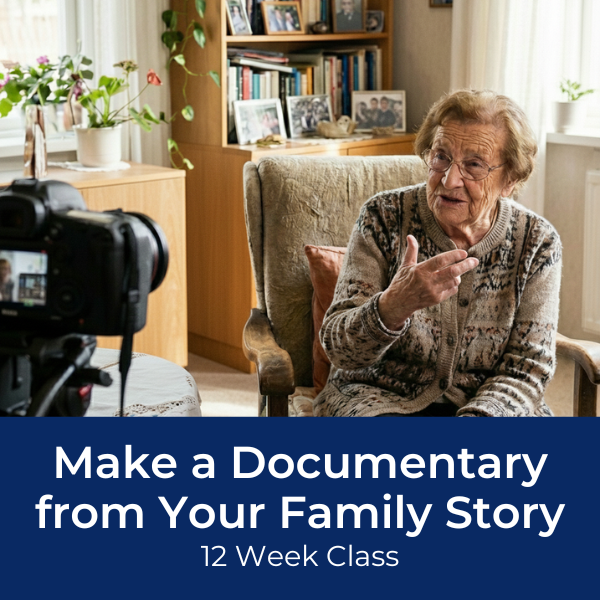


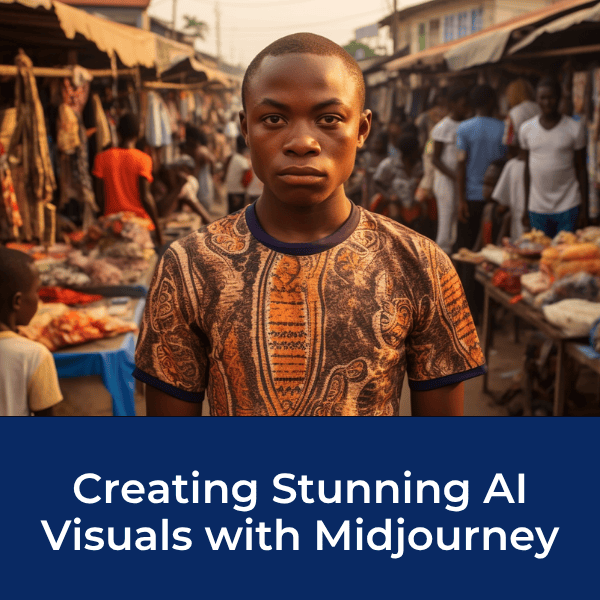




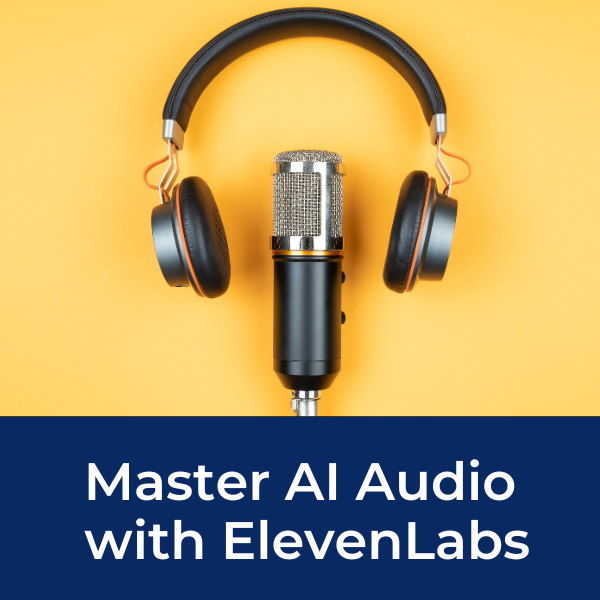



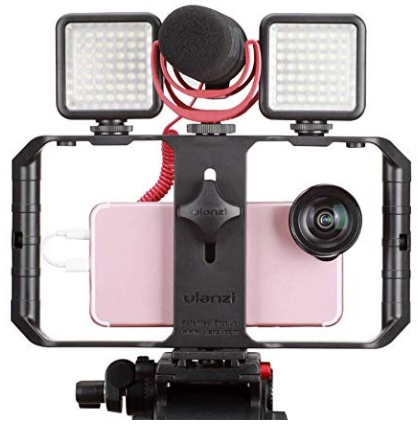
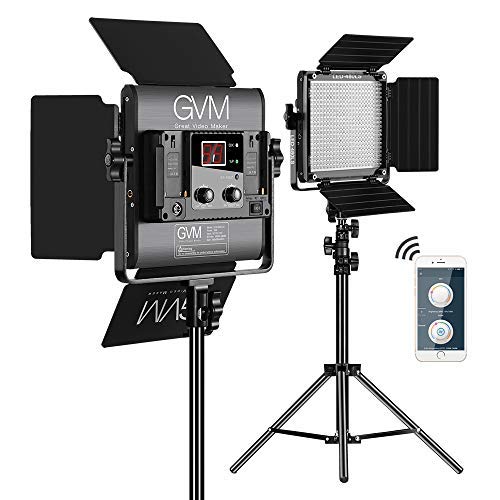
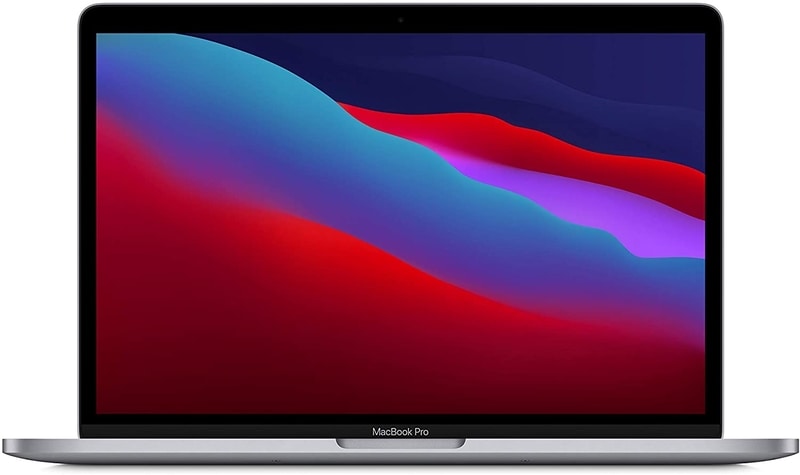
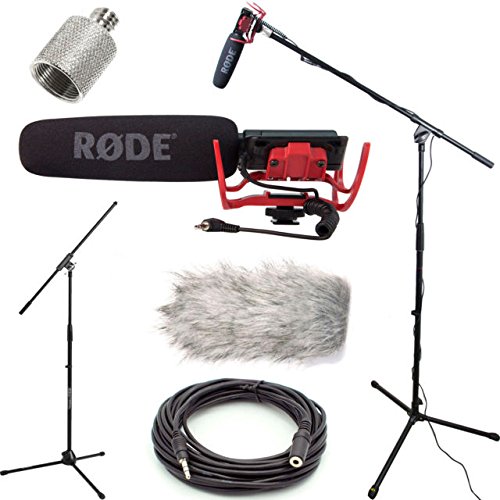
New! Comments
[To ensure your comment gets posted, please avoid using external links/URL's]